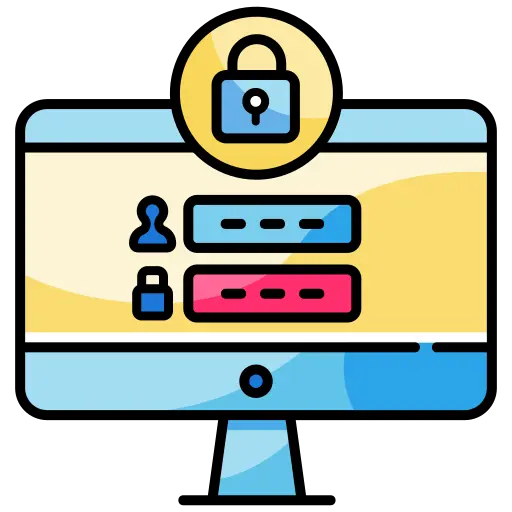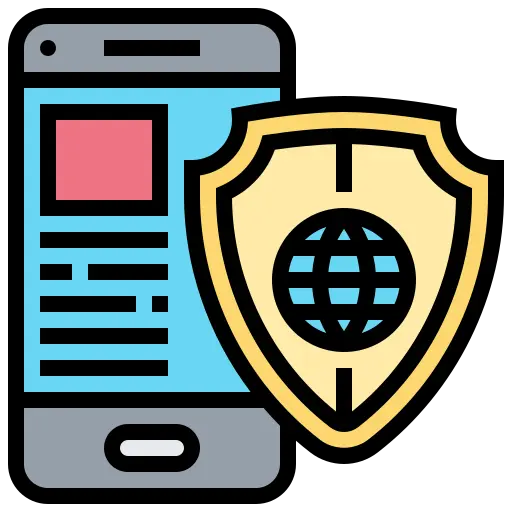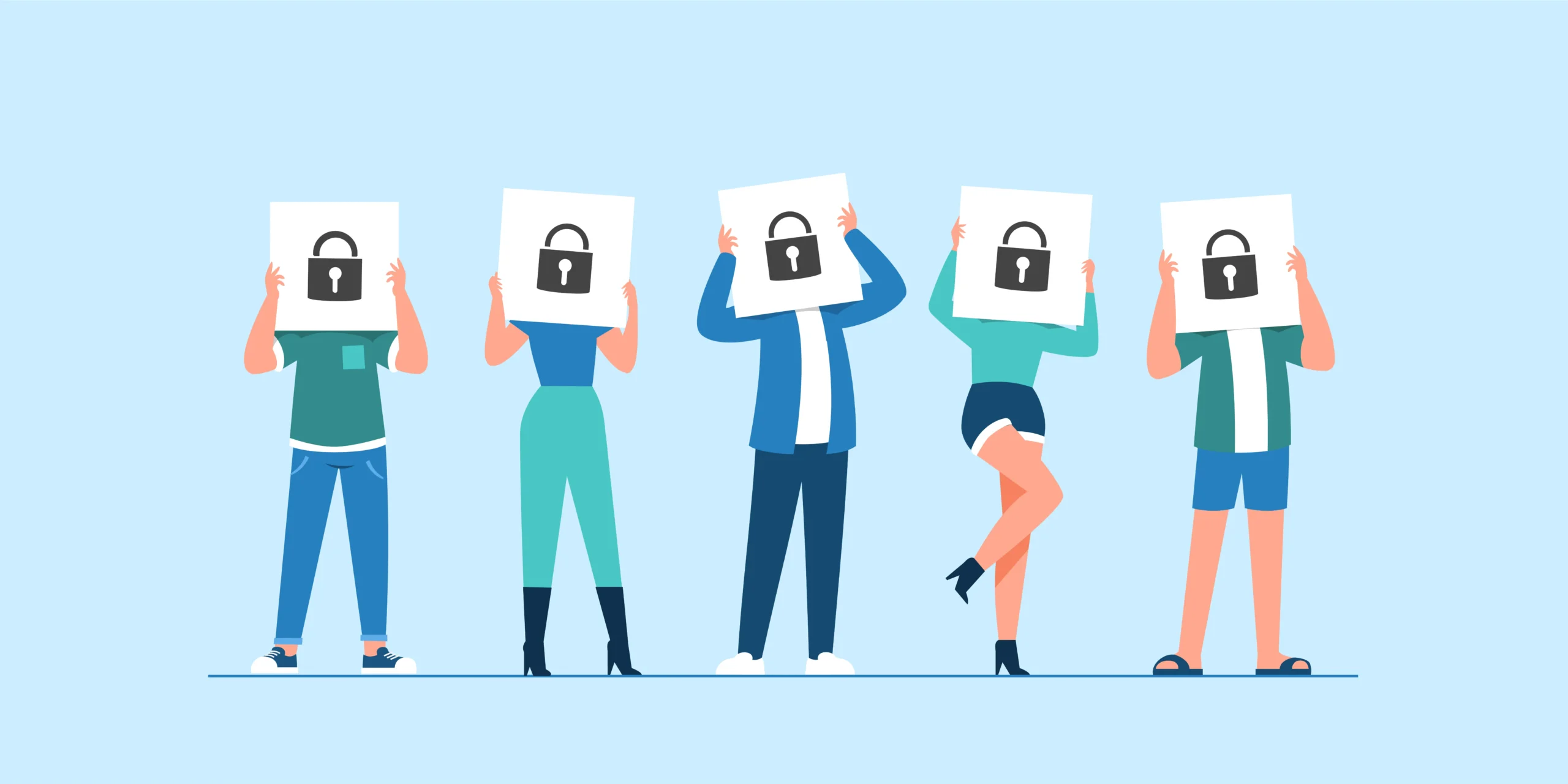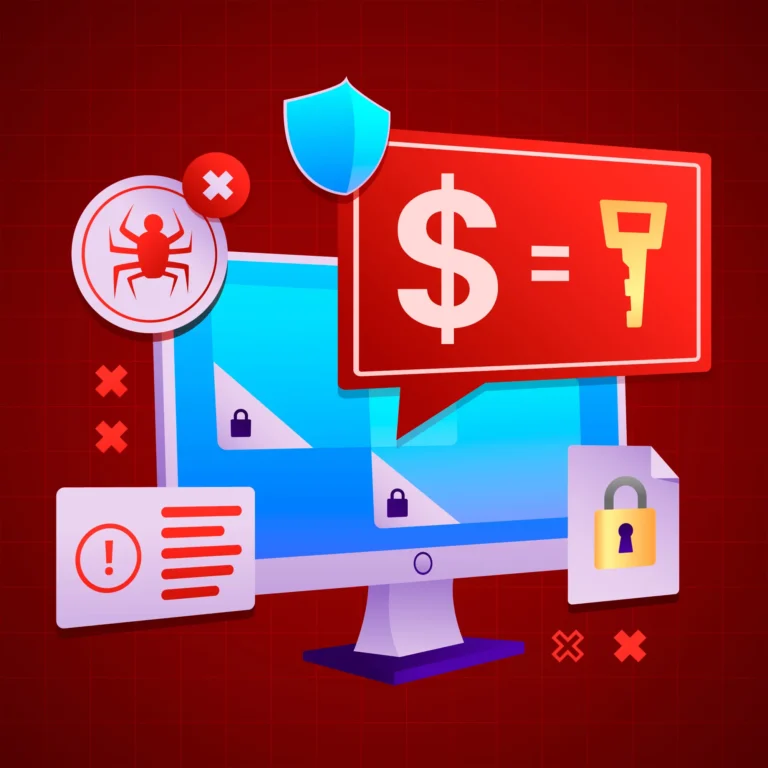7 Best Tips for Protecting Your Online Privacy
Define online privacy?
More than ever, and not just in the news, you’re undoubtedly hearing about online privacy. Governments and tech behemoths share a top concern about privacy, frequently sparring over its definition.
But do you know what exactly it means? Online privacy essentially refers to the defense of your right to maintain your right to privacy. Unexpectedly, not many places have legislation defending their rights. In addition, not all businesses abide by online privacy rules, as was the case when Cambridge Analytica used Facebook to gather a massive amount of data on American voters.

Although they differ, internet security and privacy are closely intertwined. Cybersecurity typically focuses on illicit data collecting, while privacy typically deals with legitimate data collection (such as what you post on social media sites like Instagram, Snapchat, and others) (like protecting your accounts from hackers). But there is considerable overlap. Enhancing privacy improves security, which in turn aids in maintaining security. You can enhance both by taking a few easy measures.
What are the 7 Best Tips for Protecting Your Online Privacy?
1. Decide to share fewer things online
Reducing your information sharing is the finest measure you can do to defend your online privacy against internet scammers. When it comes to knowledge sharing, social networks come to mind right away, and that’s a terrific place to start.
Particular caution should be taken when posting any information you wouldn’t want people to find out, including geotagged postings, photos of you or your loved ones, or photos of you. In addition to social media networks, almost all apps also gather information about your actions, which can put your online privacy at risk. A new company’s privacy infractions are reported in the media every few months, so it’s important to be aware of the data collection practices of the apps and websites you use.

2. Make use of two-factor authentication and a strong password
The most crucial and occasionally the only defense we have against hackers and identity theft is a strong password. Add passwords or passcodes right away if you don’t already have them for all of your devices (even guest accounts). Even a strong password, though, can be bypassed by hackers if your device doesn’t lock automatically. In other words, once you power off your iPhone or activate your screen saver, ensure that the device prompts for the password as soon as possible after.
The optimal setting is “30 seconds” or “immediately” for devices that use quick biometric identification like fingerprint scanning or facial recognition in place of a code. Use a secure and distinctive password for all of your online accounts. Since you most likely have numerous accounts, using a password manager makes it simpler to keep the data secure. Last but not least, enable two-factor authentication for any account that supports it. It’s a backup security technique that can keep you safe even if you gave hackers your password during a phishing scam. You’ve used two-factor authentication if you’ve ever had to enter a code that was sent to your phone.
3. Make your online accounts’ privacy settings more strict
The following and maybe the simplest action you can take to protect your online privacy is to just verify the privacy preferences of the online accounts you frequently use. Companies profit by gathering your personal information to the tune of millions or perhaps billion, which puts your online privacy at risk. Additionally, their default settings tend to favor data collection above data protection, so it’s important to take control and ensure your privacy settings are set to your liking.

What you want to publish and what you want to keep private will determine the settings that are best for you. However, there are a few places where you ought to exercise caution.
4. Remove unwanted browser extensions and mobile apps
Being wary of every app pays off in terms of security and privacy. With fewer accounts, your risk will be lower. Then, consider how this software generates revenue. This simple tip can point you in the direction of programs that prioritize your privacy. For instance, the free tool Unroll. I provide a summary of newsletters and subscription emails. However, following an FTC inquiry, it was made evident how they made money: by scanning emails and selling the contents.
User data may hold the key to understanding how an app generates revenue. Delete an app when you are finished using it. Delete any software you don’t use frequently, including browser extensions and mobile apps.
5. Prevent tracking by search engines
A lot of personal information about you is gathered by your search engine. And for 92% of us, Google is that search engine. The two most widely used browsers, Chrome and Edge, are run by Google and Bing, the proprietors of the two biggest search engines. Therefore, they collect a lot of data. Delete your info to start enhancing search engine privacy.

- Google: Go to the My Activity panel and erase anything for Google.
- Microsoft: You’ll have to clear data from Microsoft Edge and Bing separately.
- Yahoo: You can remove data from the management of your search history for Yahoo.
There is, sadly, no way to completely stop Google from tracking you. Change to a search engine that prioritizes privacy, like DuckDuckGo, as an alternative.
6. Don’t disregard software upgrades.
The majority of privacy breaches are not caused by recently found flaws. Instead, they exploit previously patched known vulnerabilities that are present only on unpatched computers. According to a Bitdefender analysis from 2021, unpatched vulnerabilities were among the main causes of Windows systems’ vulnerability to attacks. Set your operating system to automatically install updates as the first and most important step. For Microsoft Windows, Apple macOS, and Google ChromeOS, set up automatic updates by following the instructions. You can also download antivirus software to guard against infections like spyware that silently gathers information like credit card numbers.

7. Turn off data and ad tracking
Your personal information is mostly gathered online for marketing purposes rather than for fraud or data breaches. You can disable several of these trackers with a few easy steps. First off, ignore pop-ups that ask if you wish to share your data. When visiting websites, avoid accepting cookies. You can prevent cross-app tracking on an iPhone or other Apple mobile device running iOS 14.5 or later. Finally, you can turn off ad personalization for all the apps you use, including Twitter, Microsoft, Amazon, Apple, Google search, other Google services, Facebook ad settings, and third parties that use Facebook data. Numerous more websites also utilize tracking, but blocking these bigger businesses will stop the worst attackers.
Conclusion
Although it has always been crucial to protecting yourself online, the hazards we face are growing as we spend more and more of our time working, playing, and interacting with others online. To secure your private information, you can take a number of simple procedures, many of which are available online. The majority of those actions are free and won’t significantly change your routine, which is an added bonus. It’s never been simpler to enhance online privacy for you and your loved ones, from utilizing a more secure search engine to removing apps you no longer use.







